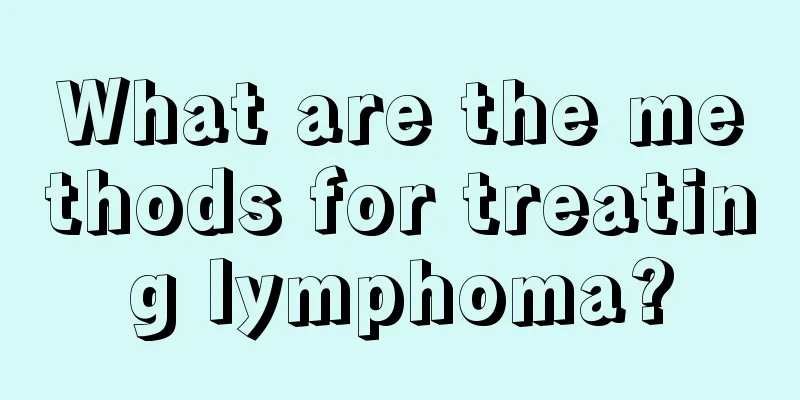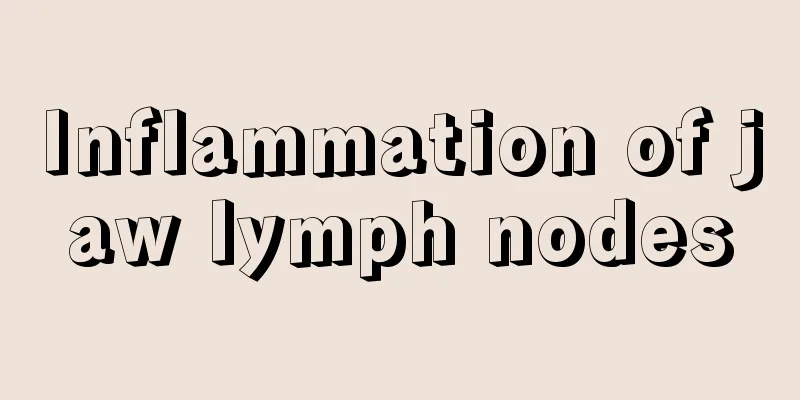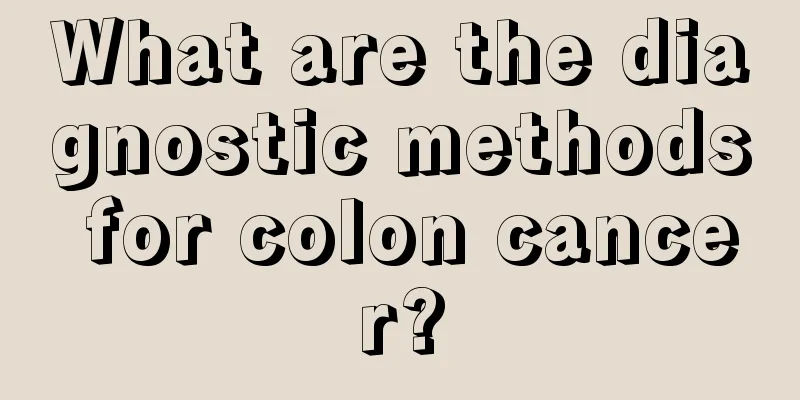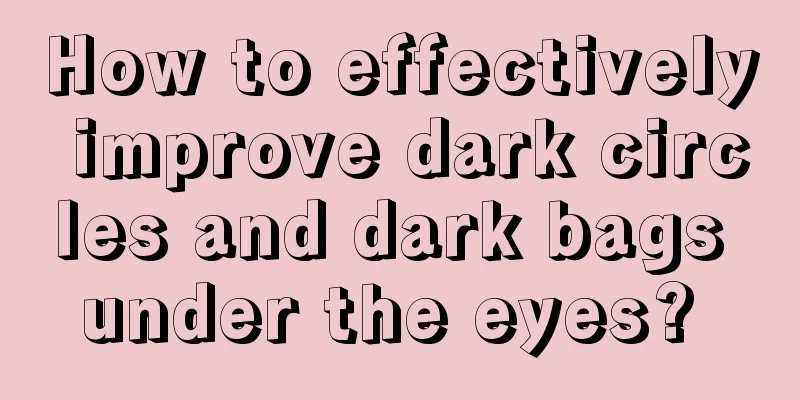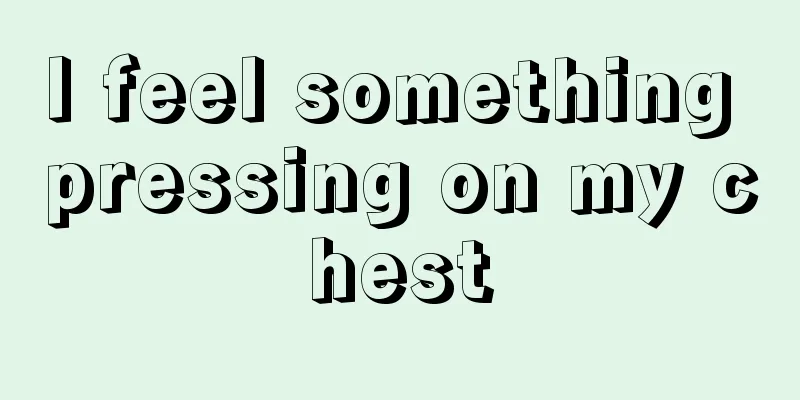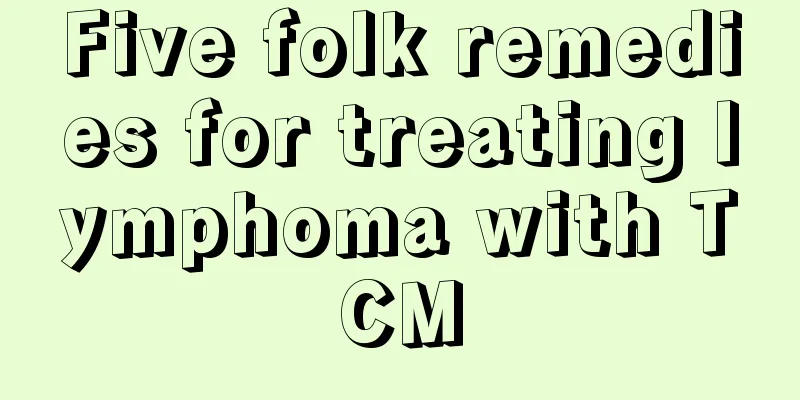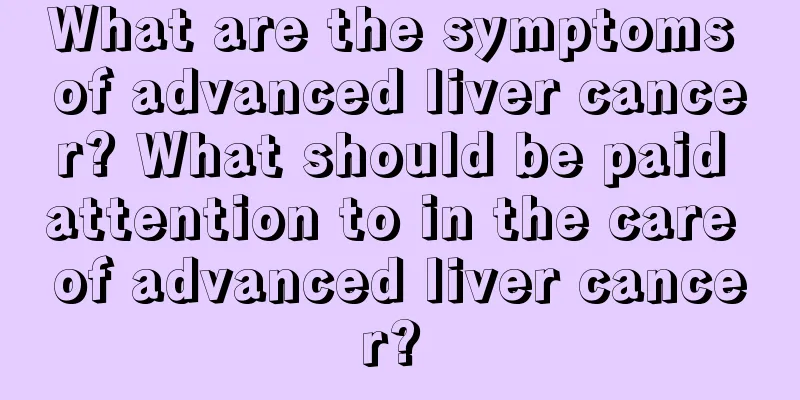What should I do if I get anxious and irritated and want to hit someone when I hear noise?
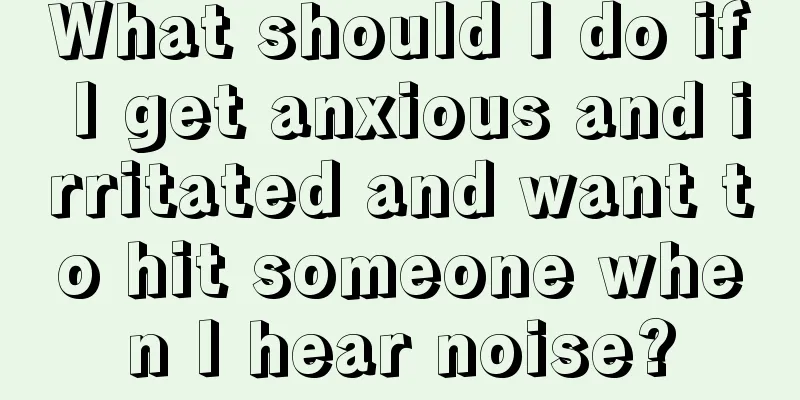
|
If you feel flustered and want to hit someone when you hear a sound you don’t like or even hate, it’s because you may have anxiety disorder. Patients with anxiety disorder often have symptoms of restlessness and irritability, and sometimes also have symptoms such as panic, dizziness, and loss of taste. It can be treated with medication or psychotherapy. It is best to carry anti-anxiety drugs with you at all times. Clinical manifestations 1. Chronic anxiety (generalized anxiety disorder) (1) Emotional symptoms: In the absence of obvious triggers, patients often experience excessive worry, tension and fear that are inconsistent with the actual situation. This tension and fear often has no clear object or content. The patient feels that he is always in a state of nervousness, anxiety, fear, fear and anxiety. (2) Autonomic nervous system symptoms include dizziness, chest tightness, palpitations, shortness of breath, dry mouth, frequent urination, urgency, sweating, tremors, and other physical symptoms. (3) Motor restlessness: Feeling restless, unable to sit or lie down, irritable, and having difficulty calming down. 2. Acute anxiety (panic attack) (1) Sense of impending death or loss of control In normal daily life, patients are almost the same as normal people. Once an attack occurs (some have specific triggering situations, such as closed spaces), the patient suddenly experiences extreme fear and a sense of impending death or loss of control. (2) Symptoms of the autonomic nervous system appear simultaneously, such as chest tightness, palpitations, difficulty breathing, sweating, and trembling all over the body. (3) It usually lasts from a few minutes to a few hours. The attack starts suddenly and the patient is conscious during the attack. (4) Very easy to misdiagnose: When an attack occurs, patients often call the "120" emergency number and go to the emergency room of the cardiology department. Although patients appear to have severe symptoms, most relevant test results are normal, so the diagnosis is often unclear. After the attack, patients are still extremely frightened and worried about their own condition. They often go to various departments of major hospitals and undergo various examinations, but no diagnosis can be made. It not only delays treatment but also causes a waste of medical resources. diagnosis The diagnosis is mainly made by a specialist based on medical history, family history, clinical symptoms, course of disease, physical examination, scale measurements and laboratory auxiliary tests. The most important of these are clinical symptoms and course of disease. Early screening or self-diagnosis can be done using some simple Self-Rating Anxiety Scale (SAS) assessments. If the score is high, it is recommended to go to the psychiatry or psychology department for further examination. According to the 3rd edition of the Chinese Classification and Diagnostic Criteria for Mental Disorders (CCMD-3), anxiety disorder is a subtype of neurosis. First of all, it must meet the characteristics of neurosis, that is, it has a certain personality basis, and the onset is often affected by psychosocial factors; the symptoms have no verifiable organic lesions as a basis, and are disproportionate to the patient's actual situation, but the patient feels painful and helpless about the existing symptoms, has complete self-awareness, and the course of the disease is often prolonged. 1. Panic attack (acute anxiety) In addition to neurotic features, panic attacks must be the main clinical phase. Rule out panic attacks secondary to other mental disorders such as phobia, depression, or somatoform disorder; rule out panic attacks secondary to physical diseases such as epilepsy, heart attack, pheochromocytoma, hyperthyroidism, or spontaneous hypoglycemia. Mild symptoms are characterized by the following 4 points, and severe symptoms are characterized by the 5th point: (1) The seizures have no obvious triggers, no relevant specific situations, and the seizures are unpredictable; (2) During the interval between attacks, there are no obvious symptoms except the fear of another attack; (3) During an attack, the patient exhibits intense fear, anxiety, and obvious autonomic nervous system symptoms, and often has painful experiences such as fear of dying and a sense of loss of control; (4) The attack begins suddenly and reaches its peak quickly. The patient is conscious during the attack and can recall the event afterwards. (5) The patient feels pain because the pain is unbearable and he or she cannot get relief. The course of the disease is at least 3 episodes of the above within 1 month, or anxiety caused by fear of recurrence lasting for 1 month after the first episode. 2. Generalized anxiety (chronic anxiety) In addition to neurotic features, persistent generalized anxiety must be the main clinical phase. Exclude anxiety secondary to physical diseases such as hyperthyroidism, hypertension, coronary heart disease, etc.; exclude withdrawal reactions from overdose of stimulant drugs, hypnotic sedatives, or antianxiety drugs; exclude anxiety associated with obsessive-compulsive disorder, phobia, depression, or schizophrenia. Light performance meets the following 2 points, heavy performance plus the 3rd point: (1) Frequent or persistent fear or anxiety without a clear object or fixed content; (2) Accompanied by autonomic nervous system symptoms or motor restlessness. (3) Social functions are impaired and patients feel pain because the pain is unbearable and they cannot get relief. The disease course criteria are that the above symptoms last for at least 6 months. treat Anxiety disorder is a neurotic disease with relatively good treatment effect and prognosis. Treatment is usually with psychotherapy and medication. 1. Medication Doctors generally consider the patient's condition, physical condition, financial situation and other factors comprehensively. It is generally recommended to take the medicine for about 1 to 2 years. Please consult your doctor if you wish to stop taking the medication or increase the dosage. Do not adjust the medication regimen on your own. While taking the medicine, be sure to keep in touch with your doctor and resolve any side effects or other problems in a timely manner. (1) Benzodiazepines (also known as tranquilizers) ① Advantages: Quick onset of effect, usually within 30 to 60 minutes; definite anti-anxiety effect; relatively cheap. ② Disadvantages: The effect lasts for a short time and is not suitable for long-term and large-scale use; it may cause dependence. Commonly used drugs: lorazepam, alprazolam, 2 to 3 times a day. It is a short- to medium-acting tranquilizer drug with good anti-anxiety effect, relatively weak sedative effect, and little impact on daytime work. Principles of use: intermittent medication principle, temporary oral administration when anxiety is severe, not suitable for long-term and large-scale use; small dose principle, if a small dose works, there is no need for a large dose; regular medication change principle, if the condition requires long-term use, replace it with another tranquilizer every 3 to 4 weeks, which can effectively avoid the occurrence of dependence; when changing medication, slowly reduce the original medication and slowly increase the new medication. If the patient is older, the dosage is not large, and the therapeutic effect is good, there is no need to change the medication. As long as the dosage of tranquilizers does not increase, is within the normal range, and the therapeutic effect does not weaken, it can be considered that dependence has not occurred. (2) Antidepressants: Anxiety can cause disorders in the body's neuro-endocrine system and an imbalance in neurotransmitters. Antidepressants can normalize the imbalanced neurotransmitters, thereby eliminating anxiety symptoms and restoring mood to normal. ① Generalized anxiety disorder: Commonly used treatment drugs are paroxetine, escitalopram, venlafaxine, flupentixol-melitracen, etc. ② Panic attacks: Commonly used treatment drugs are paroxetine, escitalopram, clomipramine, etc. (3) Characteristics of this type of drug: It has a definite anti-anxiety effect, fundamentally improves anxiety, is non-addictive, and is suitable for long-term use. The anti-anxiety effect takes a long time to take effect, taking 2 to 3 weeks to take effect. It often requires short-term use of tranquilizers at the same time, and is relatively expensive. 2. Psychotherapy Psychotherapy refers to the use of verbal or non-verbal communication by clinical physicians to establish a good doctor-patient relationship, apply professional knowledge in psychology and medicine, and guide and help patients change their behavioral habits, cognitive coping methods, etc. Drug treatment is a temporary solution, while psychotherapy is a permanent solution. Both are indispensable. There are also psychotherapy such as biofeedback therapy, relaxation therapy, etc. suitable for patients with anxiety disorders. |
<<: Why do I feel anxious when I stay up late?
>>: What's the reason for the sudden panic?
Recommend
How should I take care of myself after brain cancer surgery?
In recent years, brain cancer has become one of t...
Can red beans and rice be cooked together
Red beans and rice are both common foods in our d...
What are the examination items for lung cancer? A complete list of examination items for diagnosing lung cancer
Lungs are the body's ventilator. Lung cancer ...
There are 4 early symptoms of esophageal cancer
Esophageal cancer is a common digestive tract dis...
What to do if your eyes become dry in spring
Spring is here, and many people are prone to dry ...
How to wear a tube top
A tube top is a kind of close fitting clothing co...
What is the most effective way to deal with a sprained shoulder
People are likely to sprain their shoulders due t...
Scars from nail scratches, four tips to help you
Scratches caused by nails are difficult to heal a...
What causes stomach pain after eating?
Many friends will experience stomach pain after e...
Can Buddha's hand be used to soak in wine?
Buddha's hand is a nutritious food. It can no...
Diet therapy for breast cancer with blood circulation and detoxification effects
Breast cancer patients may experience symptoms su...
Can mung bean soup really help sober you up
Mung bean is a kind of food that we often eat in ...
What are the dietary care methods for lung cancer? 3 dietary care methods for lung cancer
Diet is very important in the treatment of lung c...
How to treat phenylacetonide uremic syndrome
Phenylketonuria may be caused by uremia due to va...
Is it expensive to treat hamartoma?
There are so many types of diseases nowadays, and...
